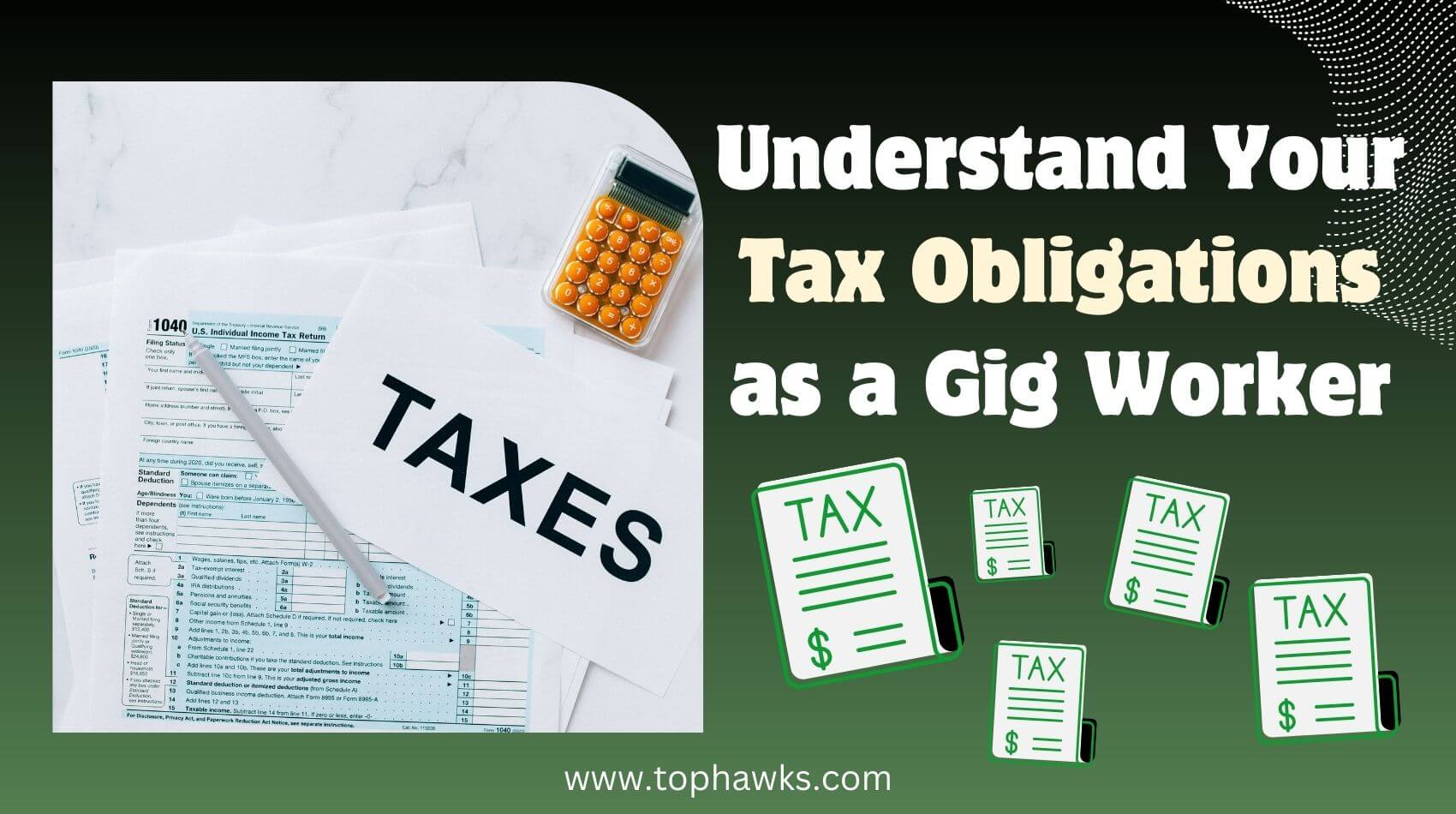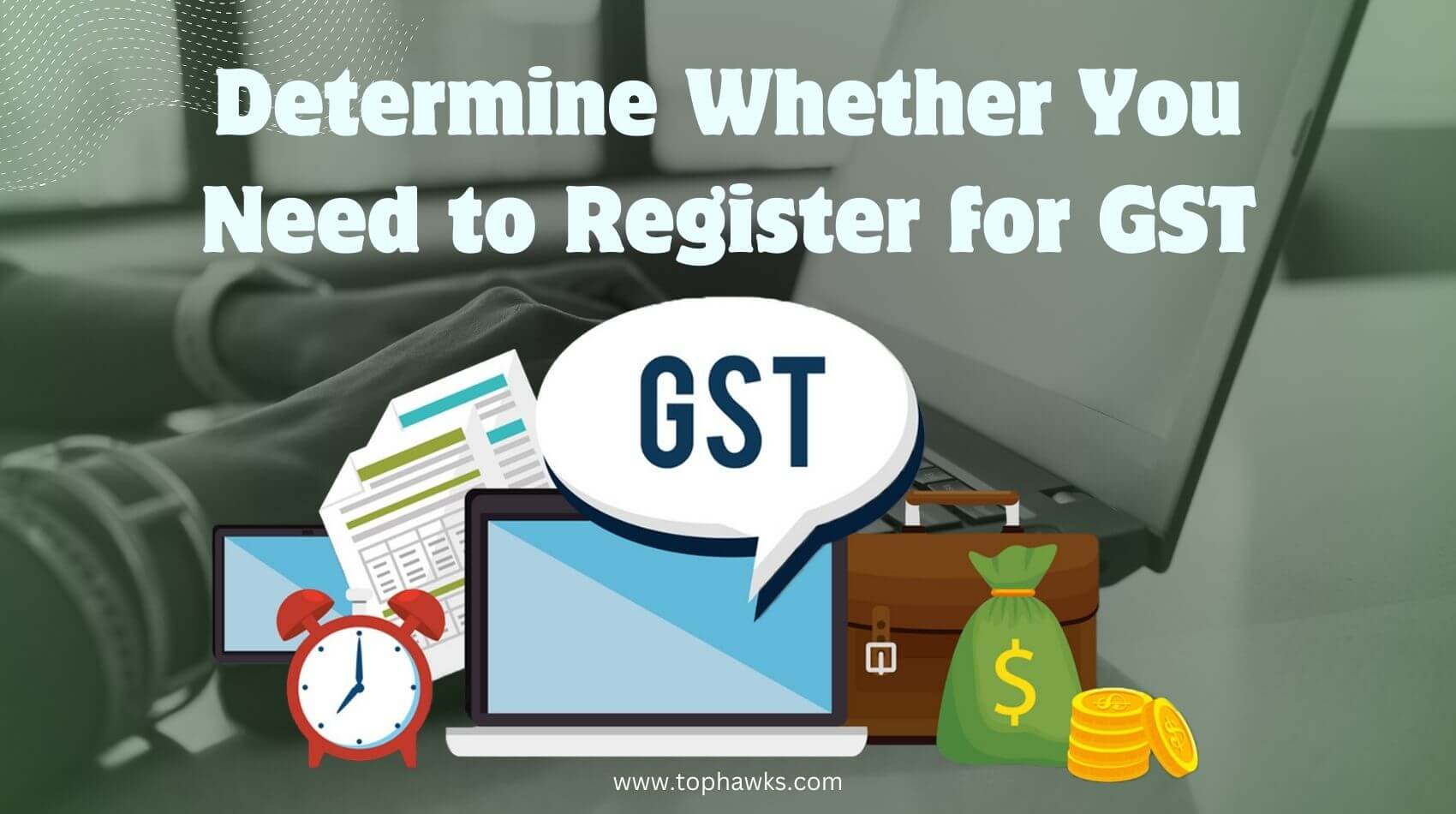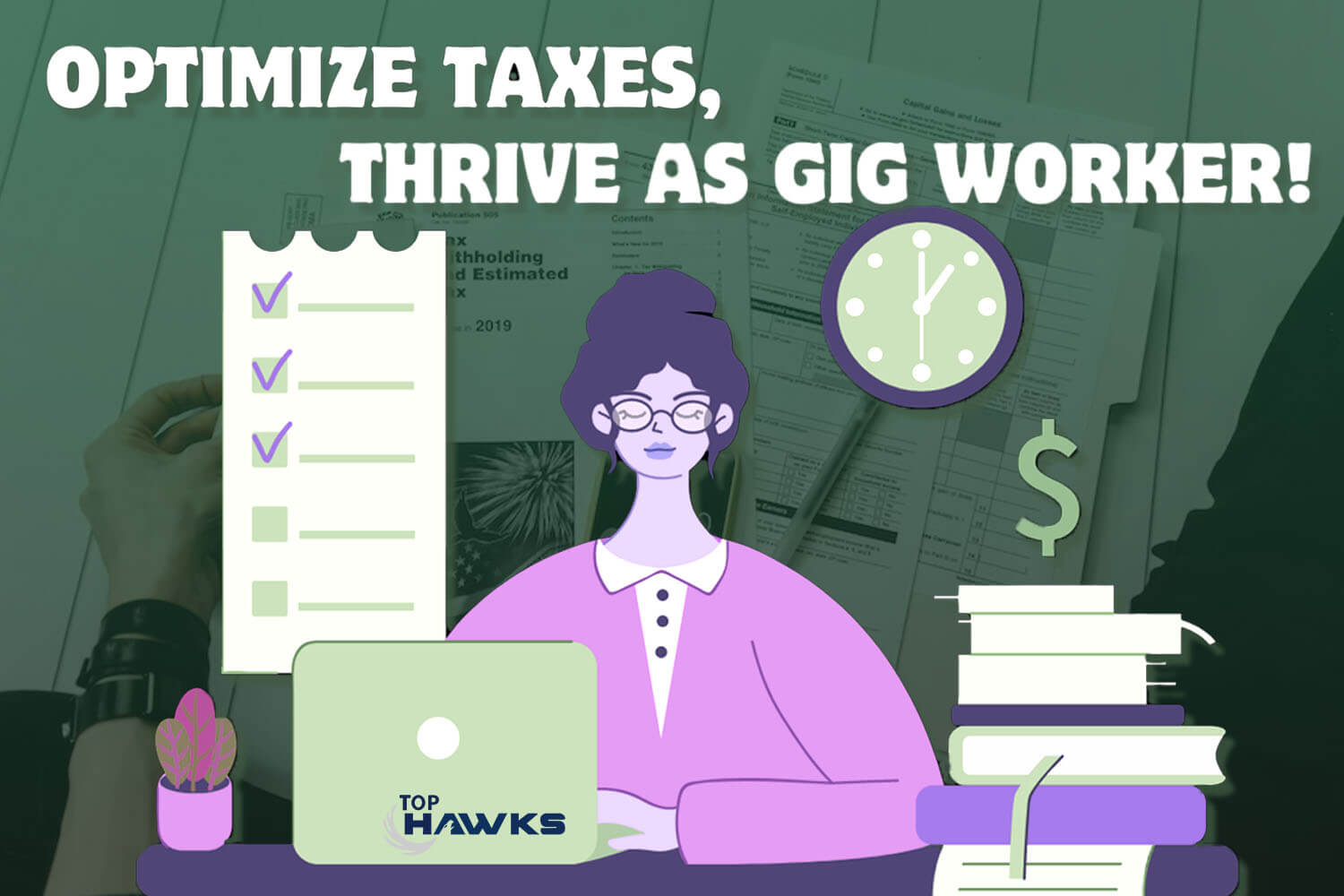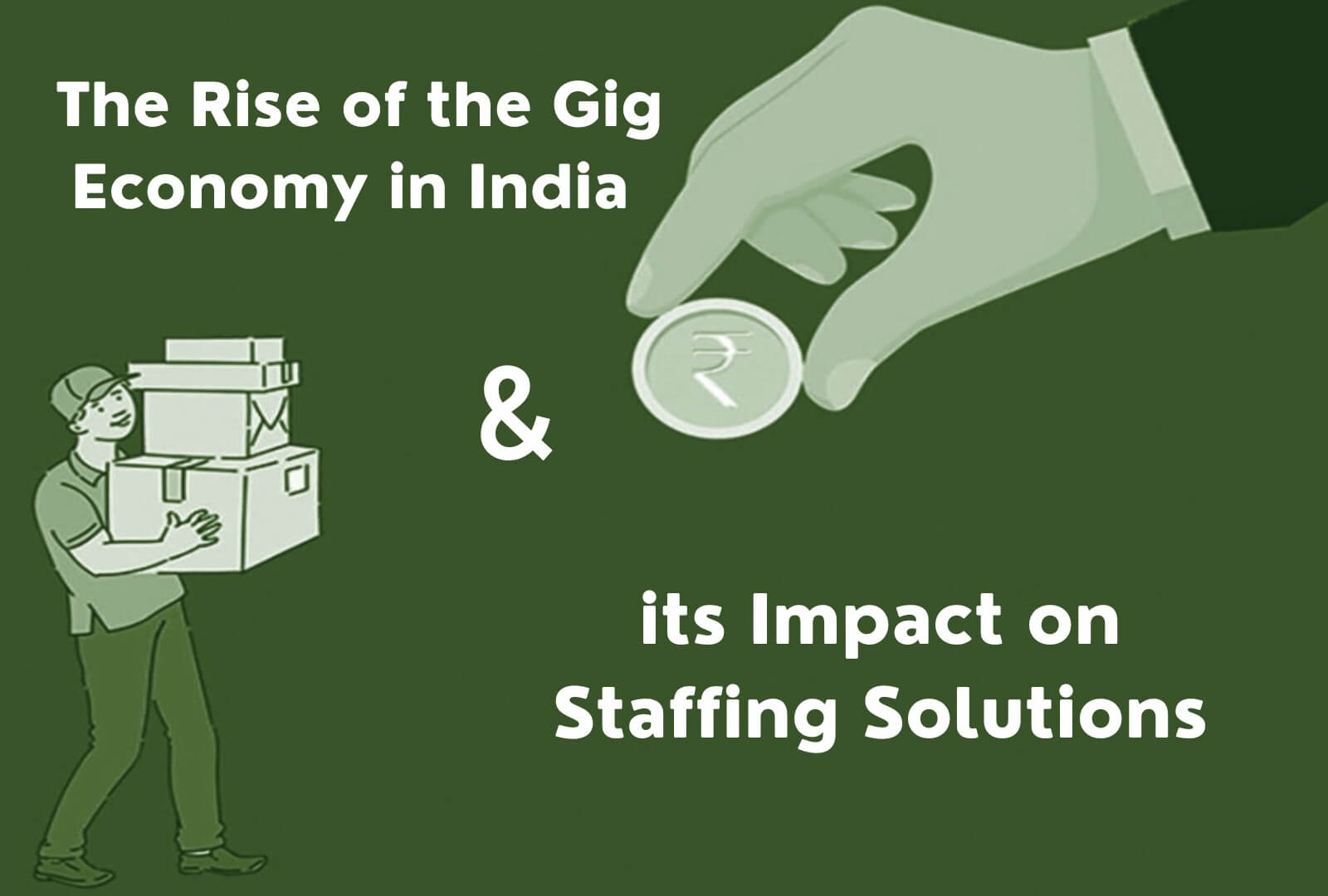10 Important Tax Tips for Gig Workers in India and World

If you are a gig worker in India or anywhere in the world, it is important to understand the tax laws and regulations that apply to your work. As a freelancer, consultant, or self-employed professional, you have the responsibility to comply with the tax laws and file your tax returns accurately and on time. In this article, we will provide you with 10 important tax tips for gig workers that will help you manage your taxes efficiently and avoid any potential legal issues.
1. Understand Your Tax Obligations as a Gig Worker

The first step to managing your taxes as a gig worker is to understand your tax obligations. In India, you are required to file your tax returns if your annual income exceeds INR 2.5 lakhs. In other countries, the threshold may vary. You may also be required to pay a self-employment tax, which is a social security and Medicare tax for self-employed individuals. Consult with a tax professional or do your research to determine your specific tax obligations.
2. Keep Accurate Records of Your Income and Expenses

Keeping accurate records of your income and expenses is crucial for managing your taxes as a gig worker. You should maintain a detailed record of all your earnings, including payments from clients, tips, and any other income sources. Similarly, you should keep a record of your expenses, such as office rent, equipment costs, and travel expenses, as these can be claimed as deductions on your tax return.
3. Determine Whether You Need to Register for GST

If you are a gig worker in India, you may need to register for the Goods and Services Tax (GST) if your annual turnover exceeds INR 20 lakhs. GST is a value-added tax that is levied on the sale of goods and services. Consult with a tax professional or visit the GST portal to determine whether you need to register for GST.
4. File Your Tax Returns on Time

Filing your tax returns on time is essential for avoiding penalties and legal issues. In India, the deadline for filing tax returns is July 31st for individual taxpayers. In other countries, the deadline may vary. Make sure you file your tax returns before the deadline to avoid any late filing fees or penalties.
5. Claim All Deductions You Are Eligible For

As a gig worker, you may be eligible for various tax deductions, such as office expenses, equipment costs, and travel expenses. Make sure you claim all the deductions you are eligible for to reduce your taxable income and save money on taxes. Consult with a tax professional or do your research to determine the deductions you can claim.
6. Keep Track of Your Invoices and Payments
Keeping track of your invoices and payments is essential for managing your taxes as a gig worker. You should maintain a detailed record of all your invoices, including the date, amount, and client name. Similarly, you should keep a record of all your payments, including the date, amount, and payment method.
7. Pay Your Taxes in Advance to Avoid Penalties
Paying your taxes in advance can help you avoid penalties and legal issues. In India, you can pay your taxes in advance through the Advance Tax scheme. This scheme requires you to estimate your income for the year and pay the tax due in advance, either in a lump sum or in installments. Make sure you pay your advance tax on time to avoid any penalties.
8. Consider Hiring a Professional Tax Consultant
Managing your taxes as a gig worker can be complicated, especially if you are not familiar with the tax laws and regulations. Consider hiring a professional tax consultant to help you manage your taxes and file your tax returns accurately and on time. A tax consultant can also help you identify tax deductions and save money on taxes. The tax tips for gig workers can be considered with the help of a Tax Consultant.
9. Use Technology to Simplify Your Tax Filing Process
Technology can be a great tool for simplifying your tax filing process as a gig worker. There are various tax software and online tools available that can help you manage your taxes, track your income and expenses, and file your tax returns. Consider using these tools to save time and reduce the risk of errors.
10. Stay Updated on Tax Laws and Regulations
Tax laws and regulations can change frequently, and it is important to stay updated to avoid any legal issues. Make sure you stay informed about any changes in the tax laws and regulations that apply to your work as a gig worker. Subscribe to tax newsletters, attend tax workshops, and consult with tax professionals to stay up-to-date.
Conclusion

Managing your taxes as a gig worker can be challenging, but it is crucial for avoiding legal issues and saving money on taxes. By understanding your tax obligations and tax tips for gig workers, keeping accurate records of your income and expenses, claiming all deductions you are eligible for, and staying updated on tax laws and regulations, you can manage your taxes efficiently and successfully.
FAQs
-
What is a gig worker?
A gig worker is a self-employed professional who works on a project basis for clients.
-
What are the tax obligations for gig workers in India?
In India, gig workers are required to file their tax returns if their annual income exceeds INR 2.5 lakhs. They may also need to register for the Goods and Services Tax (GST) if their annual turnover exceeds INR 20 lakhs.
-
What are some tax deductions that gig workers can claim?
Gig workers can claim deductions for office expenses, equipment costs, travel expenses, and other expenses related to their work.
-
What is Advance Tax and how does it work?
Advance Tax is a scheme in India that requires taxpayers to estimate their income for the year and pay the tax due in advance, either in a lump sum or in installments.
-
Do gig workers need to pay self-employment tax?
In some countries, gig workers may be required to pay a self-employment tax, which is a social security and Medicare tax for self-employed individuals. Consult with a tax professional or do your research to determine your specific tax obligations.
Trusted by 500+ Clients
Get in Touch
We are here for you, and we are wearing our thinking caps











